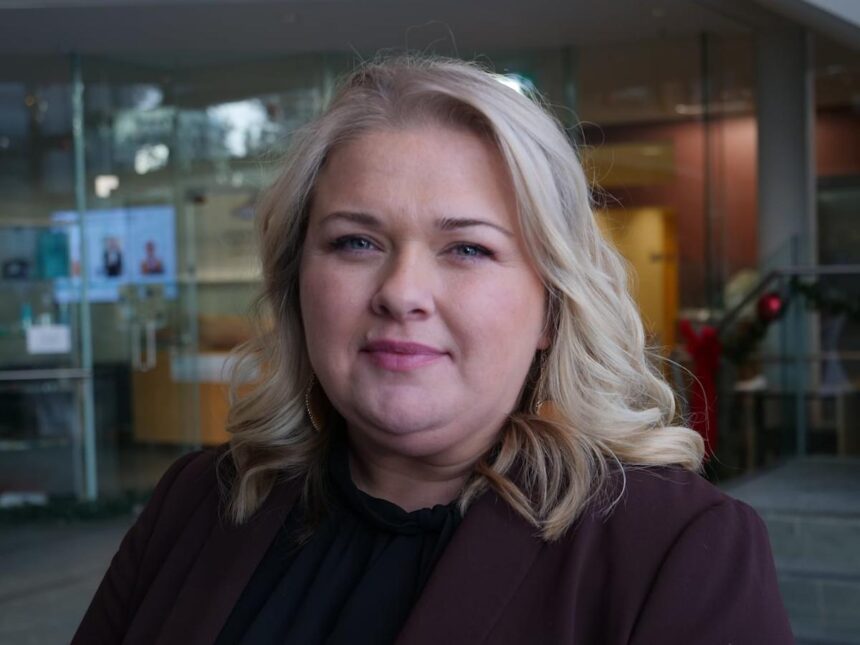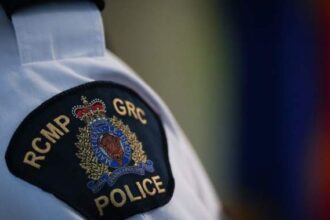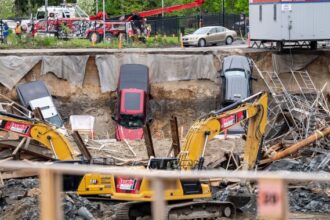In an unprecedented move that has sent ripples through the Northwest Territories’ education community, Education Minister R.J. Simpson announced Tuesday the launch of a formal investigation into the Dehcho Divisional Education Council and the Fort Providence District Education Authority. The investigation comes amid mounting concerns about governance practices and operational integrity within these critical educational bodies.
The announcement follows what Minister Simpson described as “a series of complaints” that have raised serious questions about adherence to the Education Act and proper governance protocols. “When multiple red flags emerge in succession, we have a responsibility to investigate thoroughly,” Simpson told reporters during a press conference in Yellowknife.
According to CO24 News, the investigation will examine specific allegations including potential breaches of confidentiality, improper meeting procedures, and financial oversight concerns. Officials from the Department of Education, Culture and Employment will lead the probe, which is expected to conclude by September 2024.
The timing of this investigation is particularly significant as it comes during a period of educational reform across the territory. The Canada News desk has previously reported on the NWT’s efforts to modernize its education system while addressing the unique challenges faced by remote communities.
“This investigation isn’t simply about compliance—it’s about ensuring our educational institutions can effectively serve students in the Dehcho region,” said Simpson. “The quality of education and the proper functioning of these governance bodies are inextricably linked.”
For residents of affected communities like Fort Providence, Fort Simpson, and Wrigley, the investigation brings both concern and hope. Local parent Michelle Nadli told our team, “We’ve been raising issues about transparency for years. Our children deserve educational leadership that is accountable and focused on their needs.”
The Dehcho Divisional Education Council oversees schools across several communities, serving approximately 550 students. Council Chair Sarah Gargan responded to the announcement with a written statement expressing cooperation with investigators while defending the council’s record: “We welcome any opportunity to improve our governance practices, but we also believe our team has worked diligently within challenging circumstances to support student achievement.”
This isn’t the first time territorial education bodies have faced scrutiny. In 2019, the Yellowknife Education District No. 1 underwent a similar review that resulted in significant operational changes. Education governance experts note that these investigations, while disruptive in the short term, often lead to strengthened systems.
Dr. James Thornton, education policy analyst at the University of Alberta, explained to CO24 Politics, “These interventions represent the tension between local control and territorial oversight. The critical question is whether the investigation will lead to sustainable improvements in educational delivery for students in these communities.”
The investigation’s scope will include reviewing meeting minutes, financial records, and conducting interviews with current and former board members, administrators, and community stakeholders. Minister Simpson emphasized that the process would be “thorough but fair” and conducted with minimal disruption to classroom operations.
For the territorial government, the stakes extend beyond governance issues. The Northwest Territories has been working to address persistent gaps in educational outcomes between Indigenous and non-Indigenous students, as well as between rural and urban communities. Any governance failures risk undermining these broader educational equity goals.
As northern communities continue to advocate for educational systems that reflect their unique cultural contexts and needs, this investigation may provide valuable insights into the challenges of delivering effective education in remote regions. Will this intervention mark a turning point for educational governance in the territory, or simply add another chapter to the ongoing struggle to create truly responsive local education systems in Canada’s North?
















